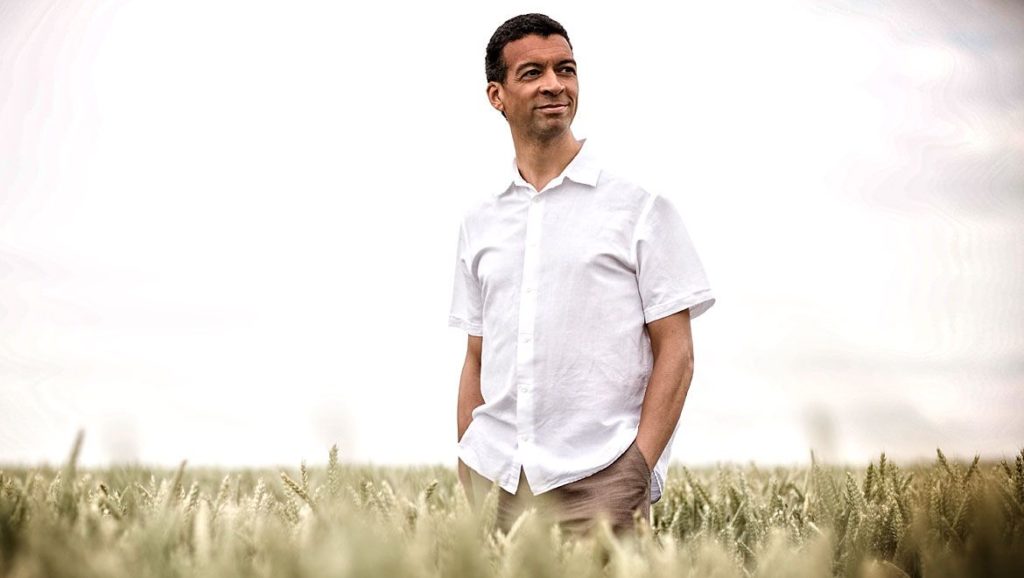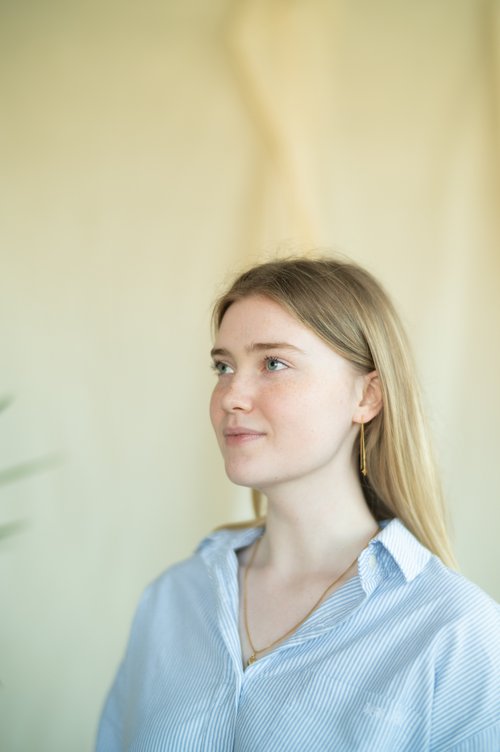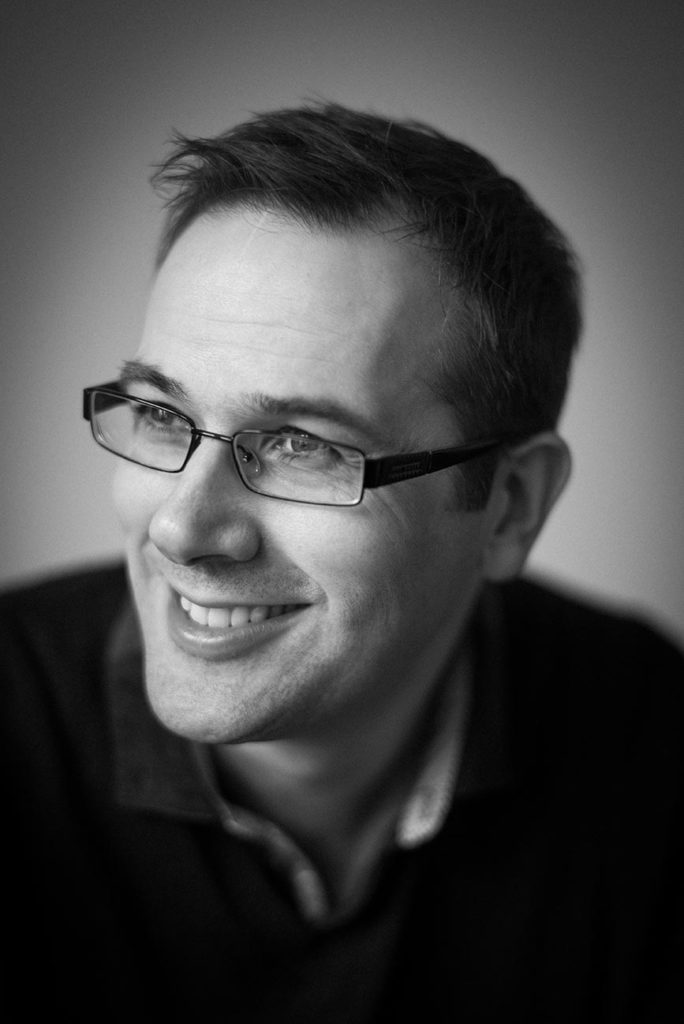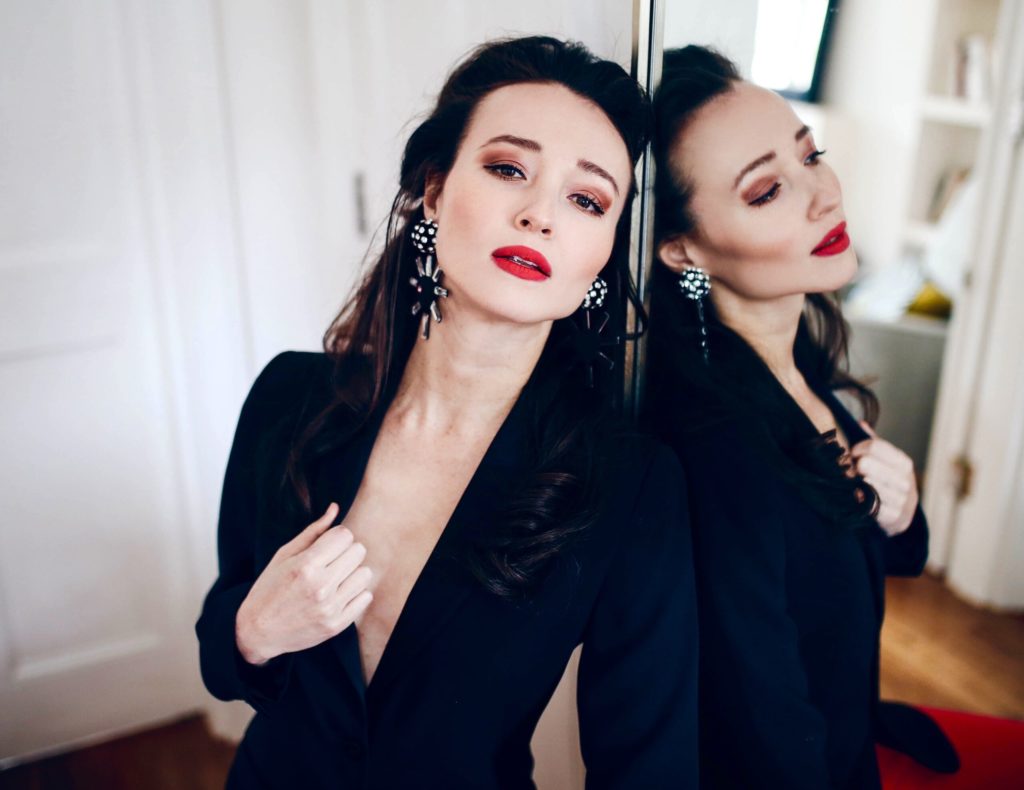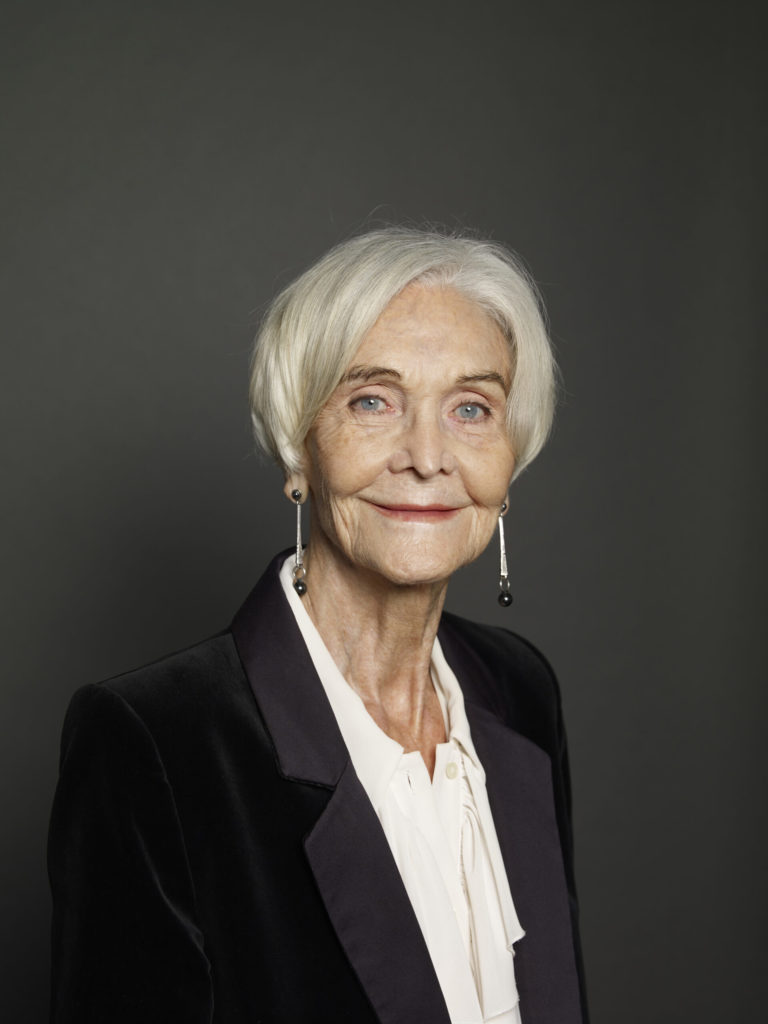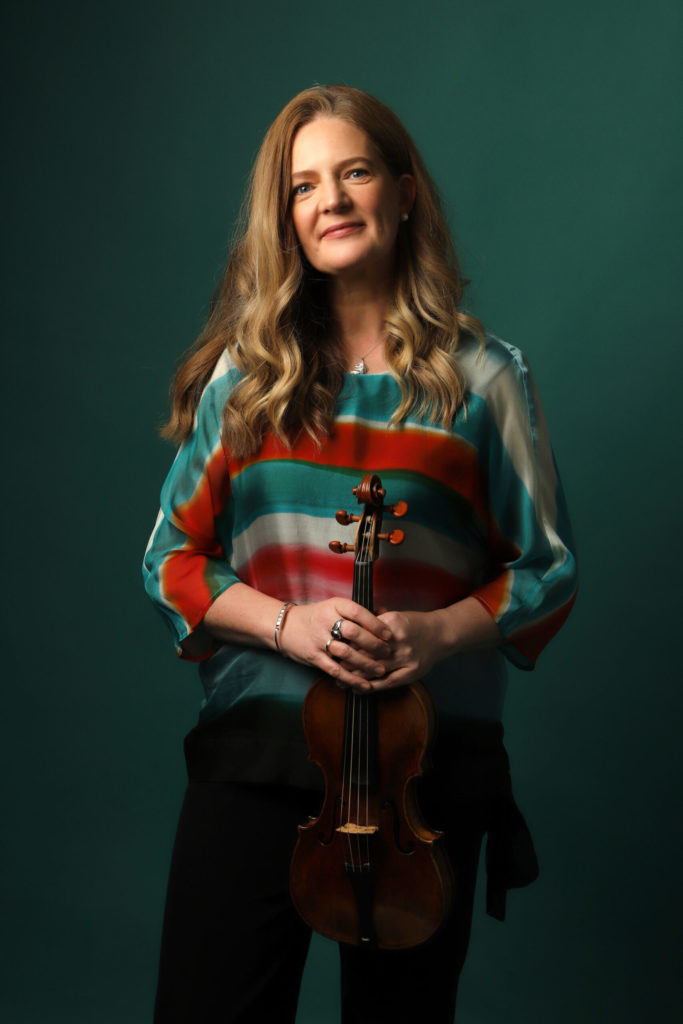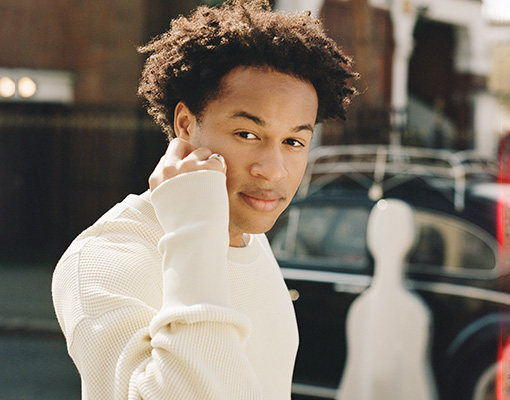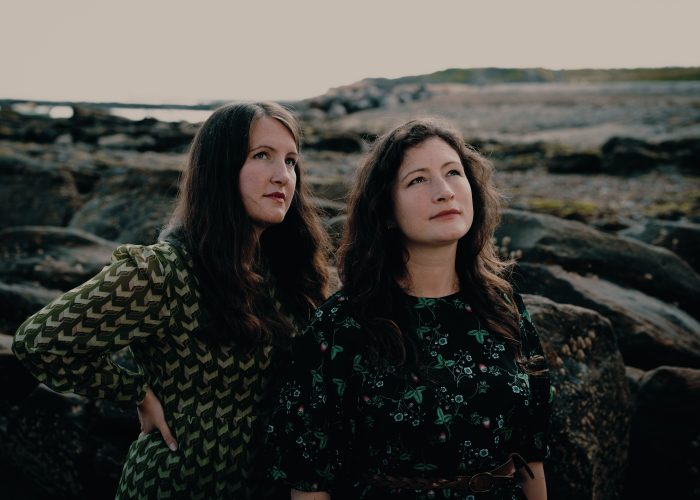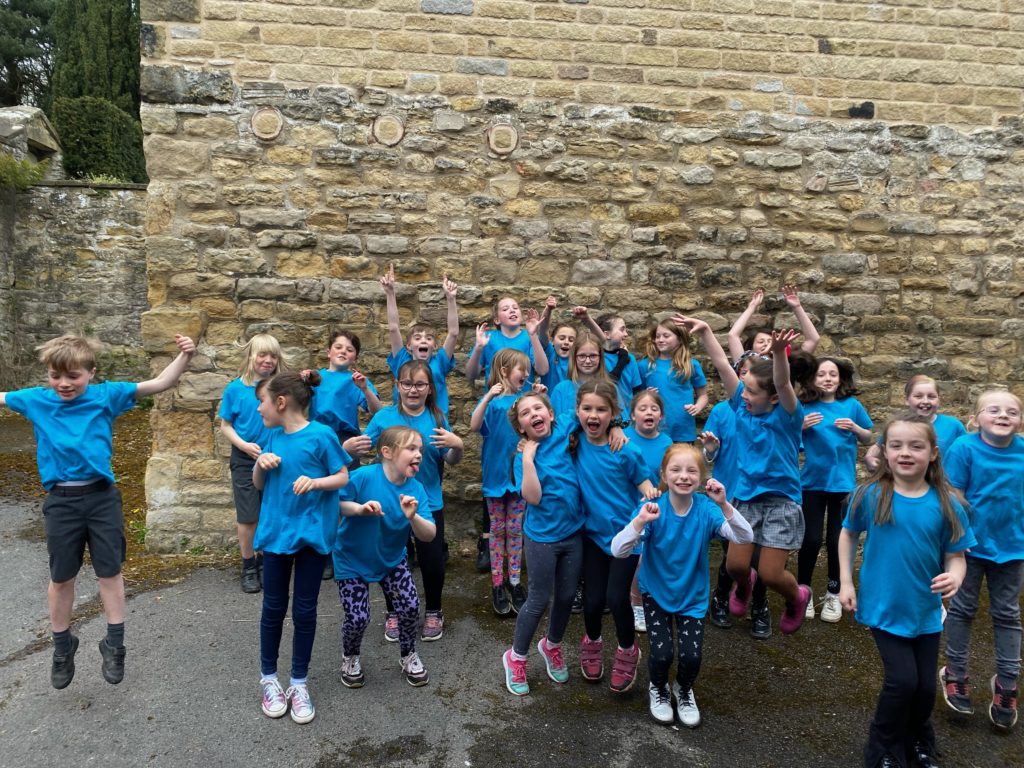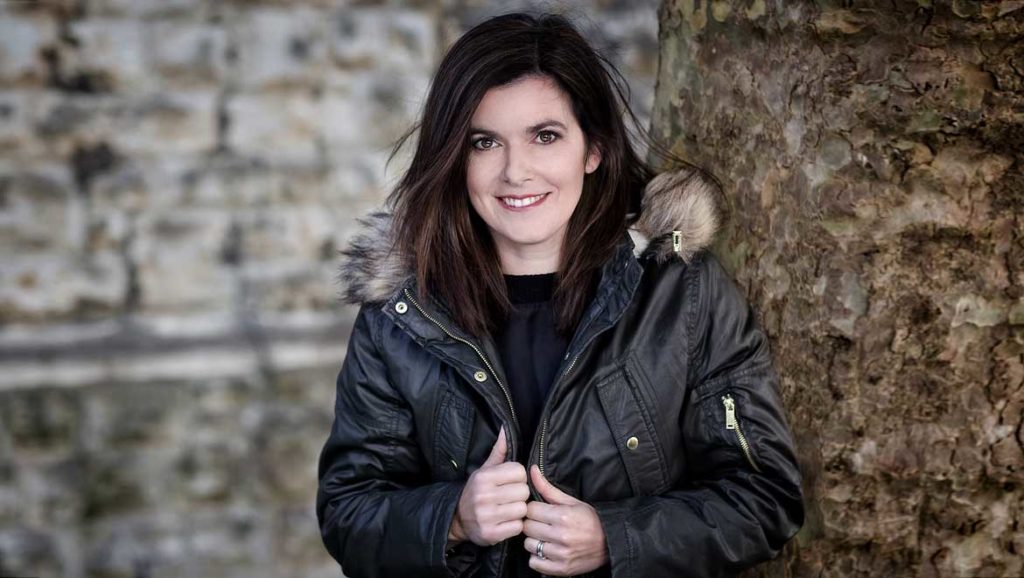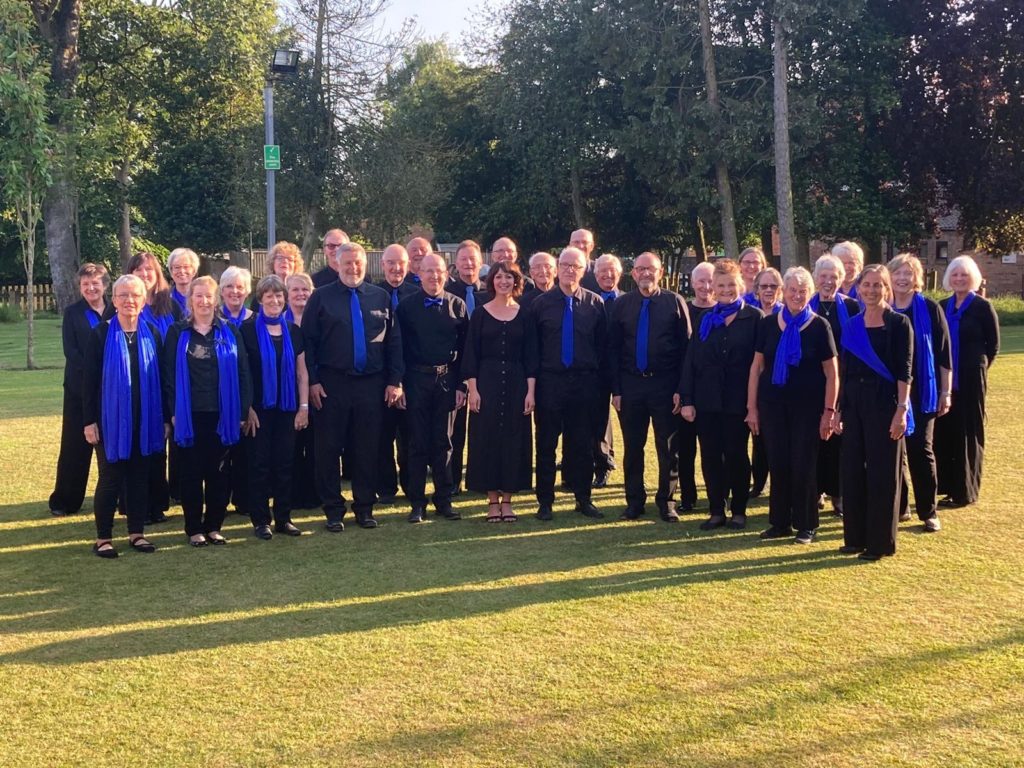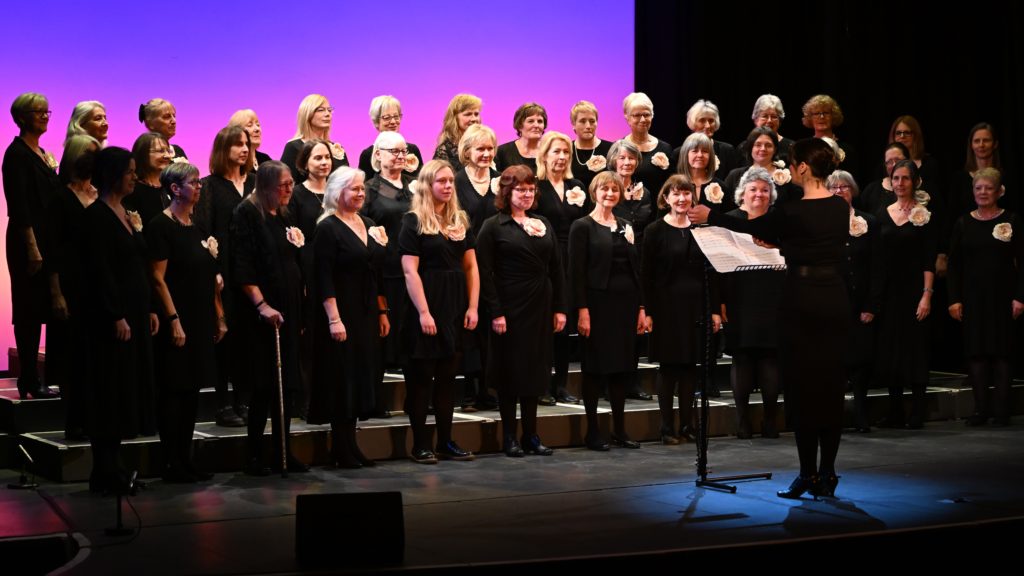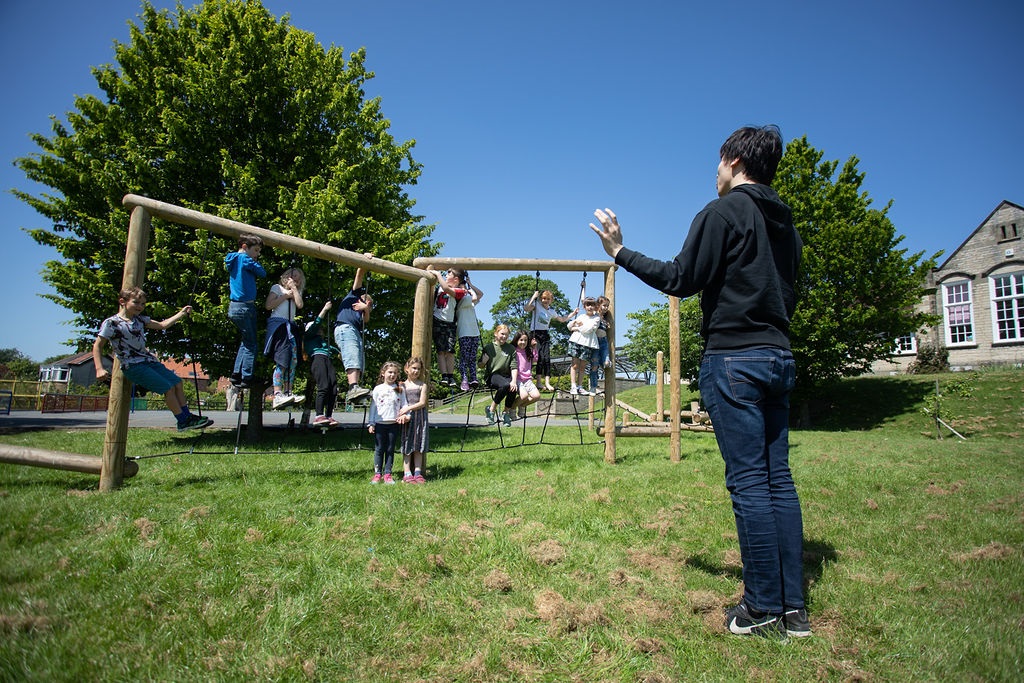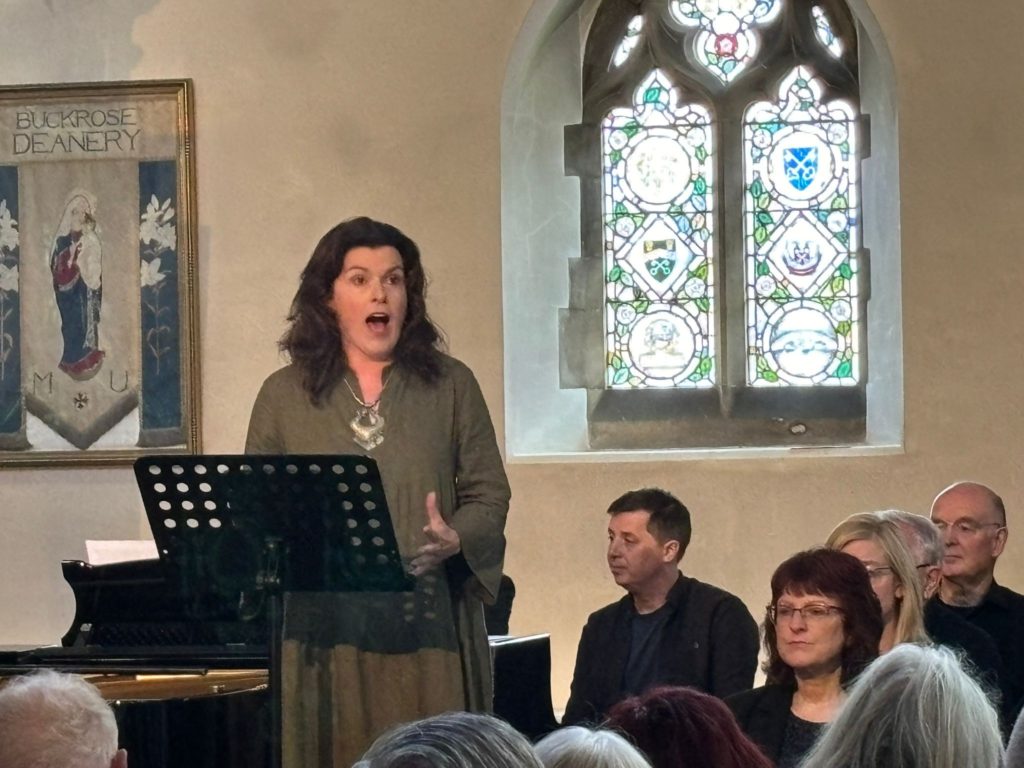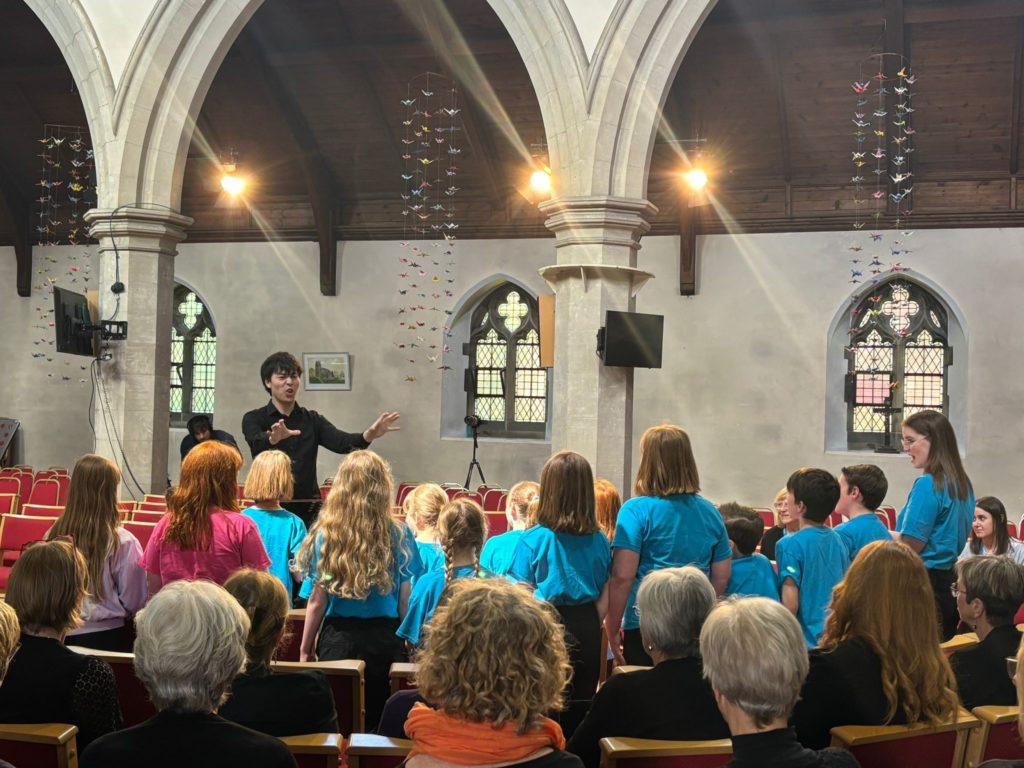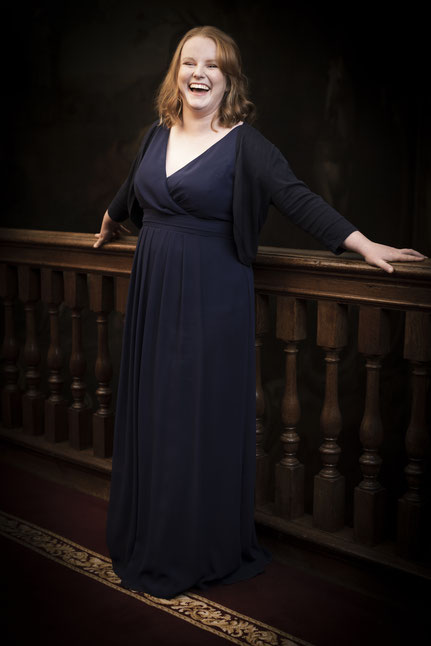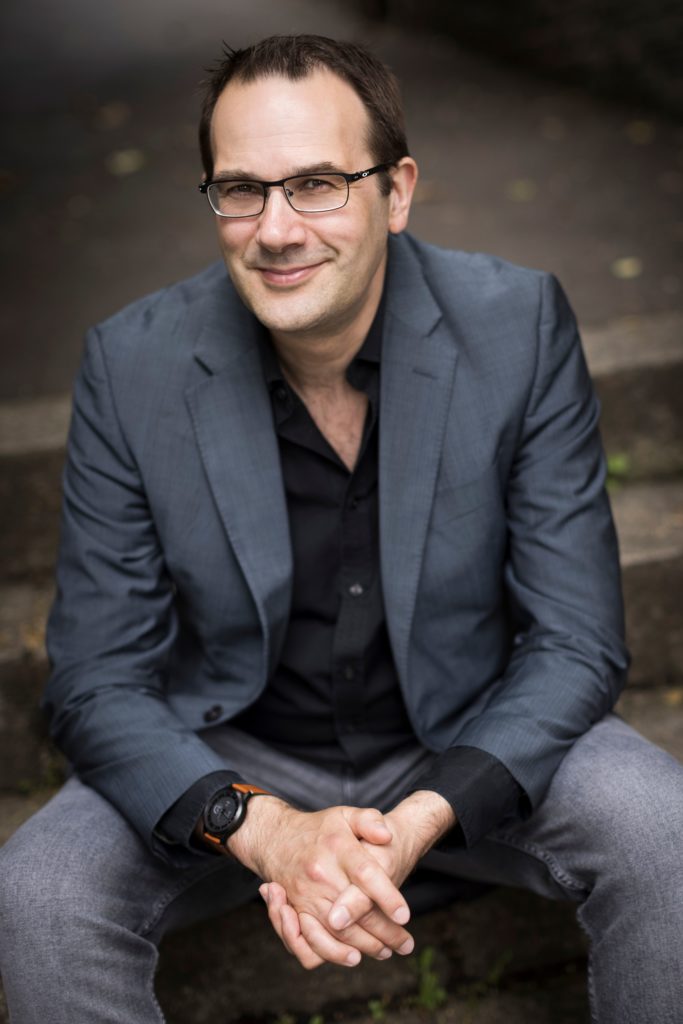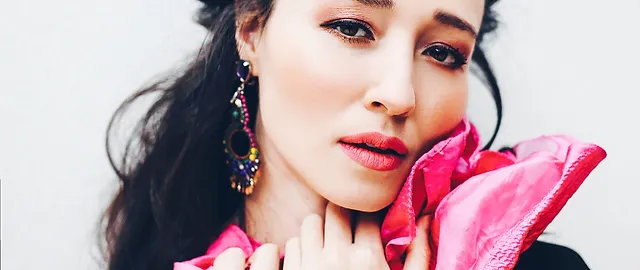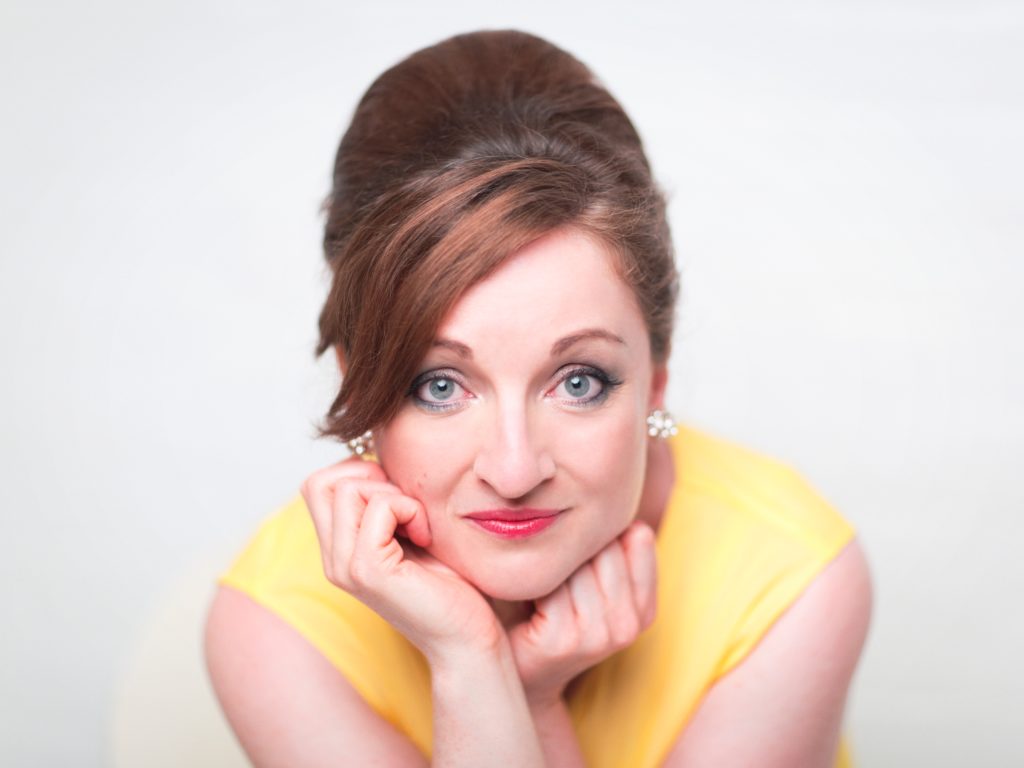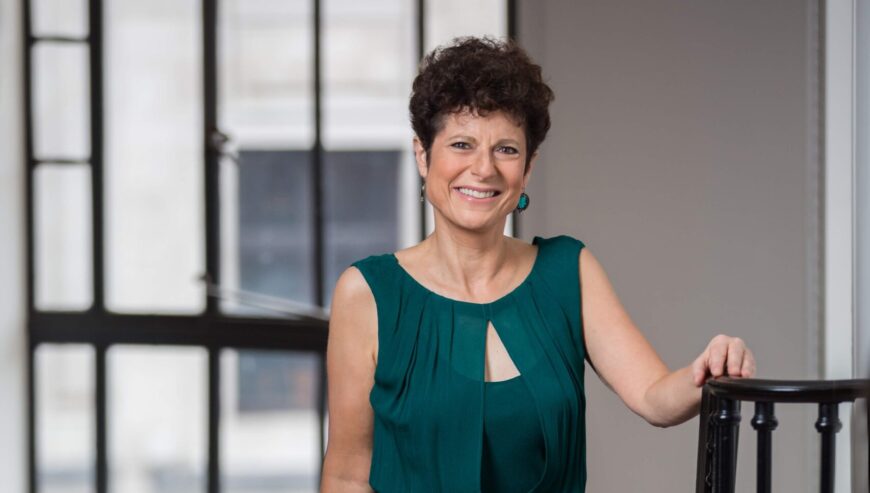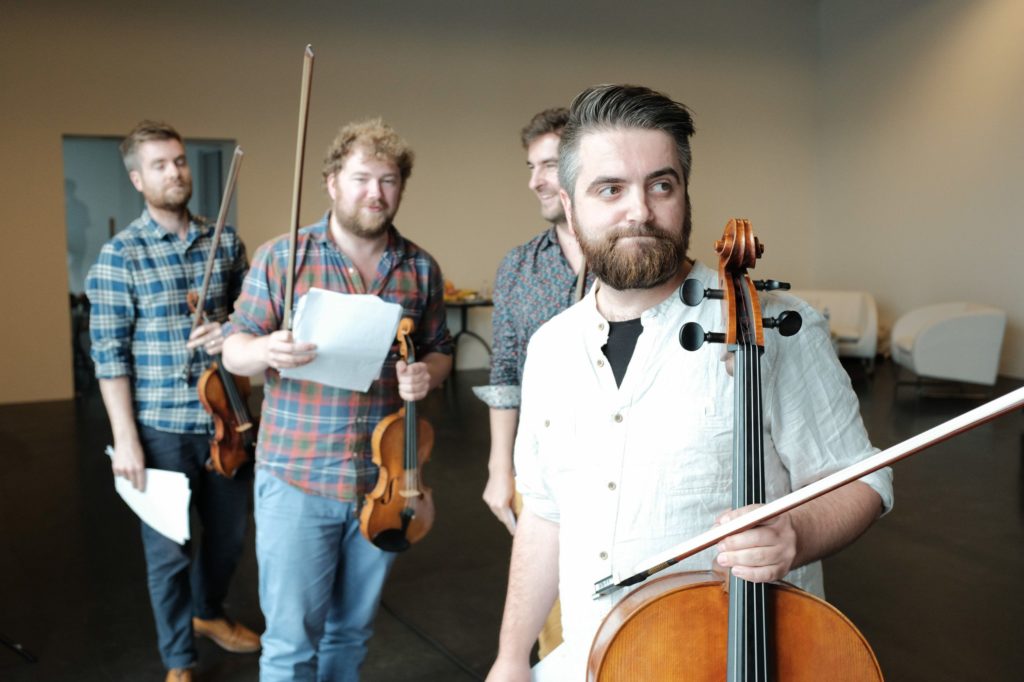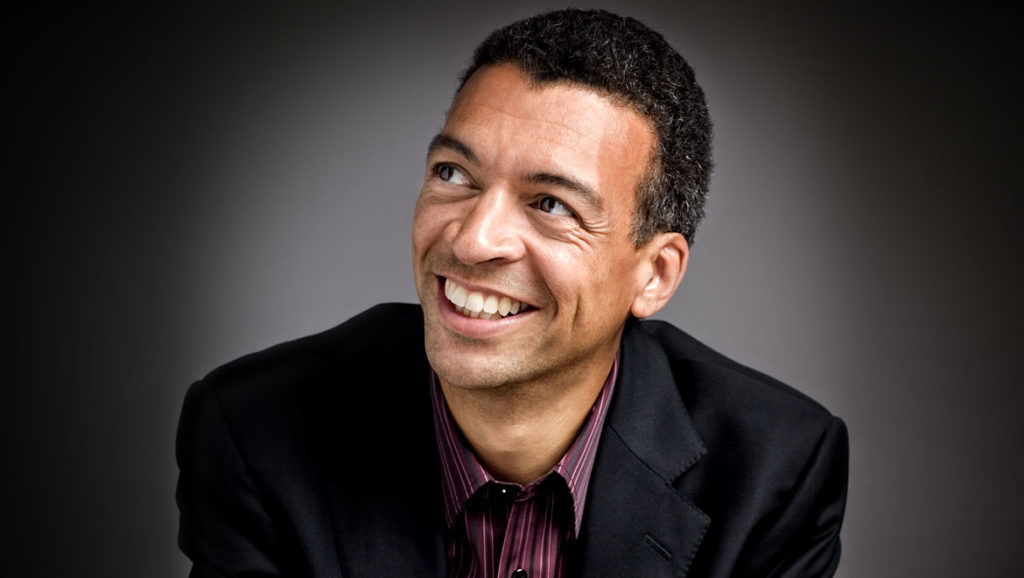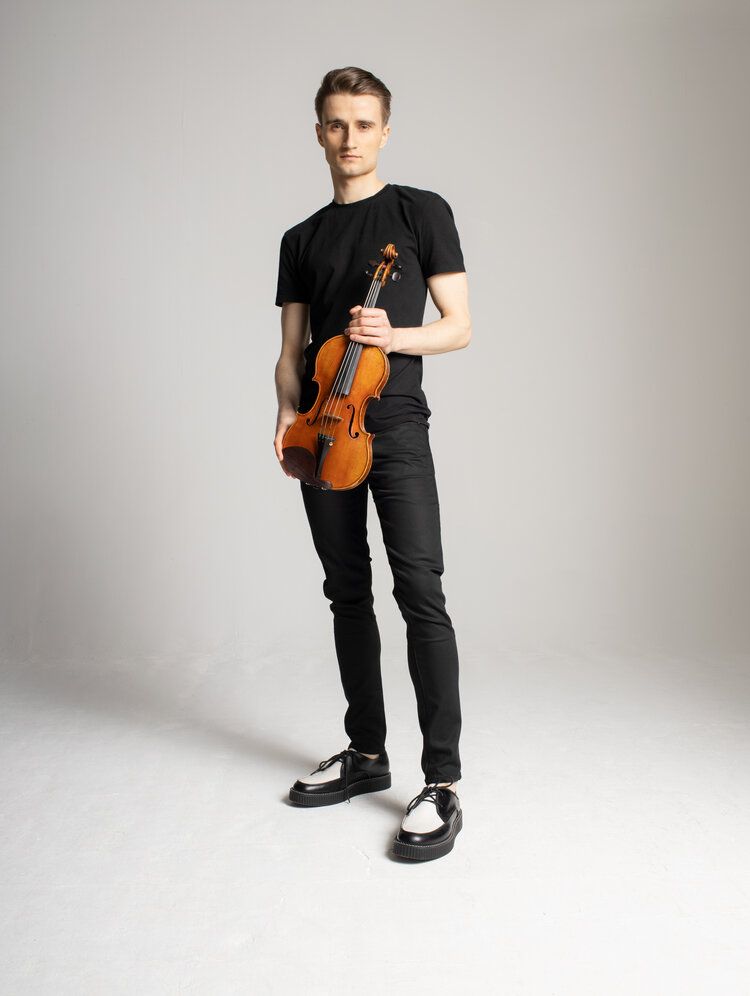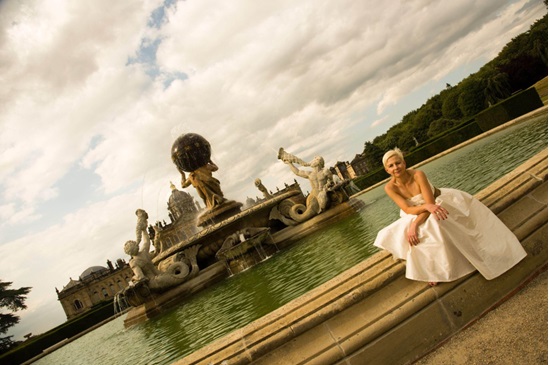
Yorkshire soprano Bibi Heal at Ryedale Festival location Castle Howard. She will perform Songs That Move on July 18 at Helmsley Arts Centre at 2pm and the National Centre for Early Music, York, at 5pm. Picture: Rob Cook
THE 44th Ryedale Festival begins today, inviting audiences to experience 58 performances in 33 spectacular locations across North Yorkshire until July 27.
Castalian String Quartet and one of the festival’s 2025 artists in residence, violist Timothy Ridout, open the festival with a coffee concert this morning at 11am at St Mary’s Church, Lastingham, performing Mendelssohn’s Quartet No 5 in E-flat and Brahms’s String Quintet No. 2 in G.
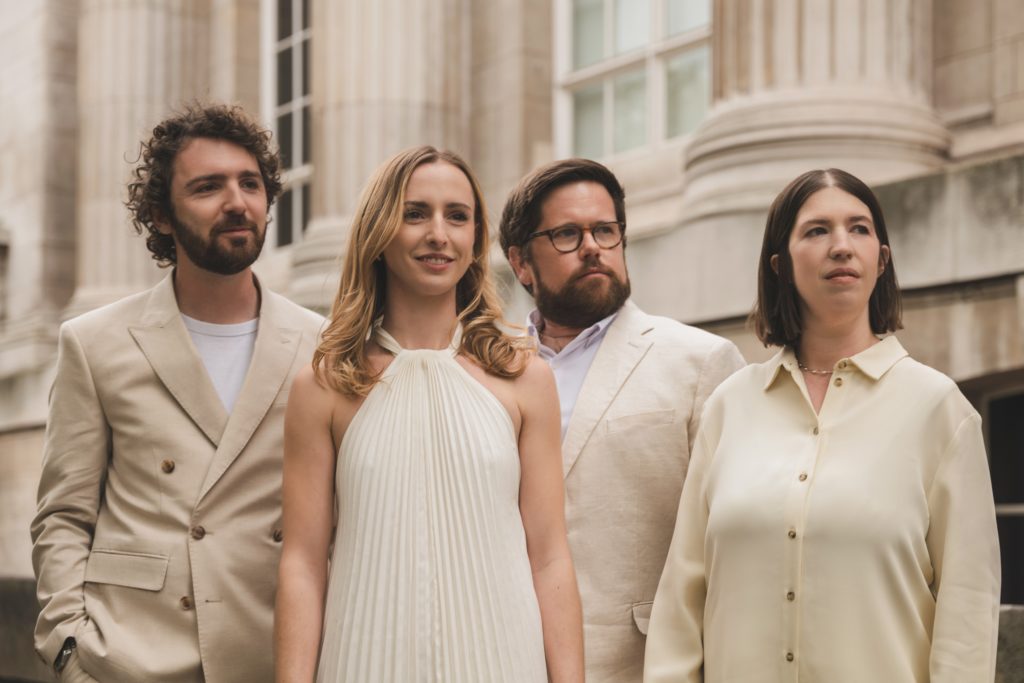
Castalian String Quartet: Opening the 2025 Ryedale Festival today at St Mary’s Church, Lastingham. Picture: Kirk Truman
Ryedale offers a diverse programme that extends beyond classical music to embrace jazz, folk, poetry and participatory events. These performances unfold against Yorkshire backdrops ranging from historic castles and abbeys to market towns and ancient churches.
This year’s festival welcomes a multitude internationally renowned musicians, among them Ridout’s fellow artists in residence, trailblazing saxophonist Jess Gillam, Grammy-winning composer and conductor Eric Whitacre and Royal Philharmonic Society Singer of the Year Claire Booth.

Soprano Claire Booth: Festival artist in residence, performing Speak Of The North with violinist Tamson Waley-Cohen and pianist Christopher Glynn tomorrow at All Saints Church, Hovingham, at 8pm, and Kafka Fragments with Waley-Cohen at Helmsley Arts Centre on July 13 at 9.30pm. Picture: Sven Armstein
They are joined by two ensembles in residence, the Austrian string quartet Quatuor Mosaïques and vocal ensemble VOCES8.
Look out for distinguished visiting artists such as pianists Sir Stephen Hough and Dame Imogen Cooper and organist Thomas Trotter, while the orchestral highlights will feature the Royal Northern Sinfonia, Orchestra of Opera North, Arcangelo and the festival debut of the Royal Liverpool Philharmonic.
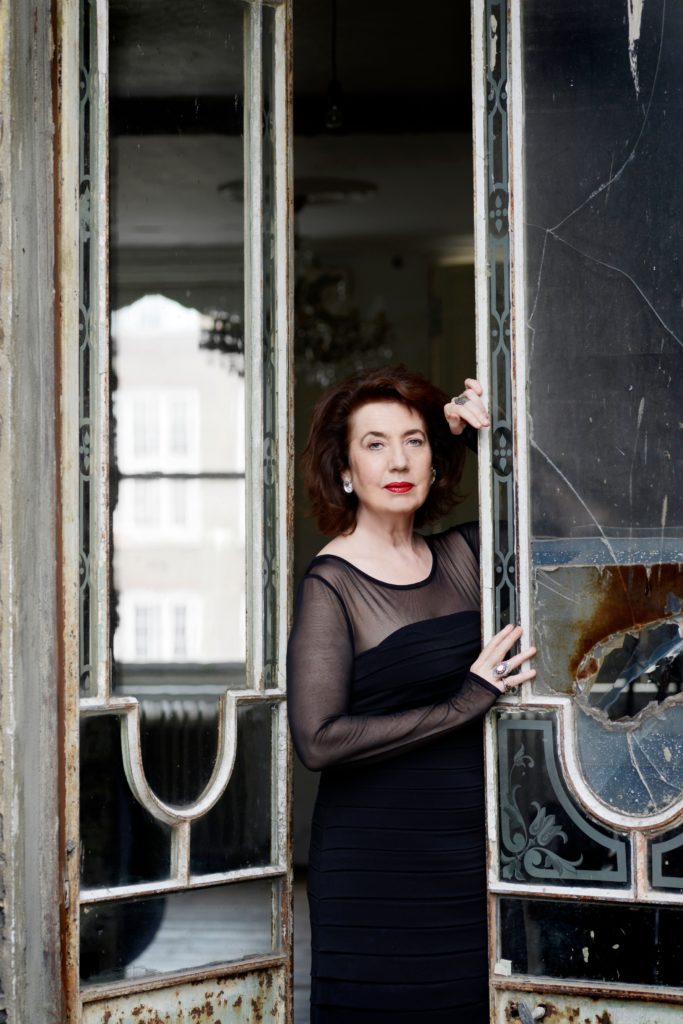
Dame Imogen Cooper: Playing Beethoven at St Peter’s Church Norton, on July 26 at 8pm. Picture: Sussie Ahlburg
The festival champions new music too, topped by the Yorkshire premiere of Gavin Higgins’s major song cycle, Speak Of The North, exploring northern identity. Additionally, the world premiere of a newly orchestrated Arthur Bliss work will be performed by Timothy Ridoutand the Orchestra of Opera North. The programme also features rare UK performances of works by Michael Tippett, including his chamber cantata Crown Of The Year.
Beyond classical offerings, the festival integrates jazz and folk, such as reeds player Pete Long and vocalist Sara Oschlag saluting Duke Ellington andBarnsley folk singer Kate Rusby showcasing her new album, When They All Looked Up, with her Singy Songy Session Band.

Dame Harriet Walter: Theatrical retelling of Pride And Prejudice by Jane Austen biographer Gill Hornby, with pianist Melvyn Tan and violinist Madeleine Easton, at Wesley Centre, Malton, on July 20 at 7pm
Literary events include Dame Harriet Walter’s theatrical retelling of Pride And Prejudice, to mark the 250th anniversary of Jane Austen’s birth, in a drawing-room setting, accompanied by violinist Madeleine Easton and pianist Melvyn Tan’s performance of Carl Davis’s score for the 1995 television adaptation.
In a new commission, poet and playwright Caroline Bird reads poems she has chosen and written to accompany cellist Joely Koos and Ryedale Festival’s Waverley Young Artist, pianist Firoze Madon, at the Schumann’s Suggestion coffee concert on at the Wesley Centre, Malton, on July 24 at 11am.

Kate Rusby: Performing her new album, When They All Looked Up, at a sold-out Milton Rooms, Malton, on July 25 at 7pm. Picture: David Angel
The Ryedale Festival believes music is for everyone, offering Concerteenies events for families and children, and Bibi Heal’s Songs That Move for individuals with conditions such as Parkinson’s. Participatory events, such as workshops and Come and Sing sessions led by VOCES8 andEric Whitacre, actively invite public involvement in collective music-making.
BBC Radio 3 will broadcast five festival concerts, and the re-launched Young Artist Platform provides crucial career opportunities and mentorship for emerging talents.
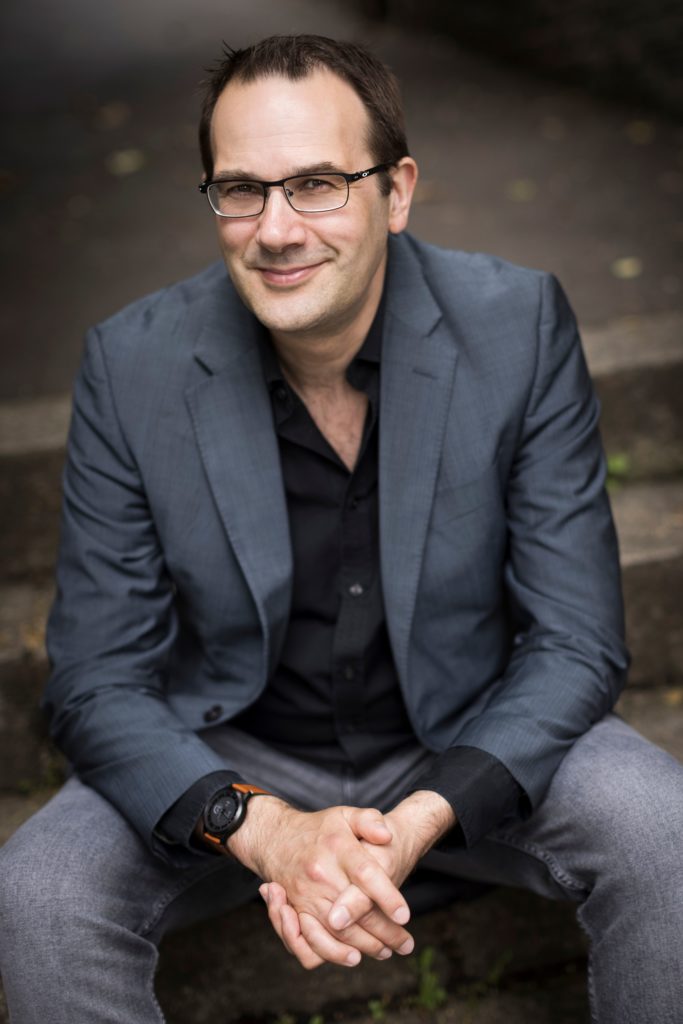
Ryedale Festival artistic director and pianist Christopher Glynn
Festival artistic director Christopher Glynn says: “Festivals like Ryedale are more vital than ever. They bring great music and top international performers to beautiful and historic places. They keep faith with live music in an age of digital overload. And they offer a warm welcome and sense of community, showing that classical music isn’t just something to listen to, but something to be part of.
“A festival reminds us of something that is irreplaceable: live music. Shaped by the players, the listeners and the space itself – a genuine, unrepeatable encounter of hearts and minds.”
For the full festival programme and tickets, go to: www.ryedalefestival.com.

